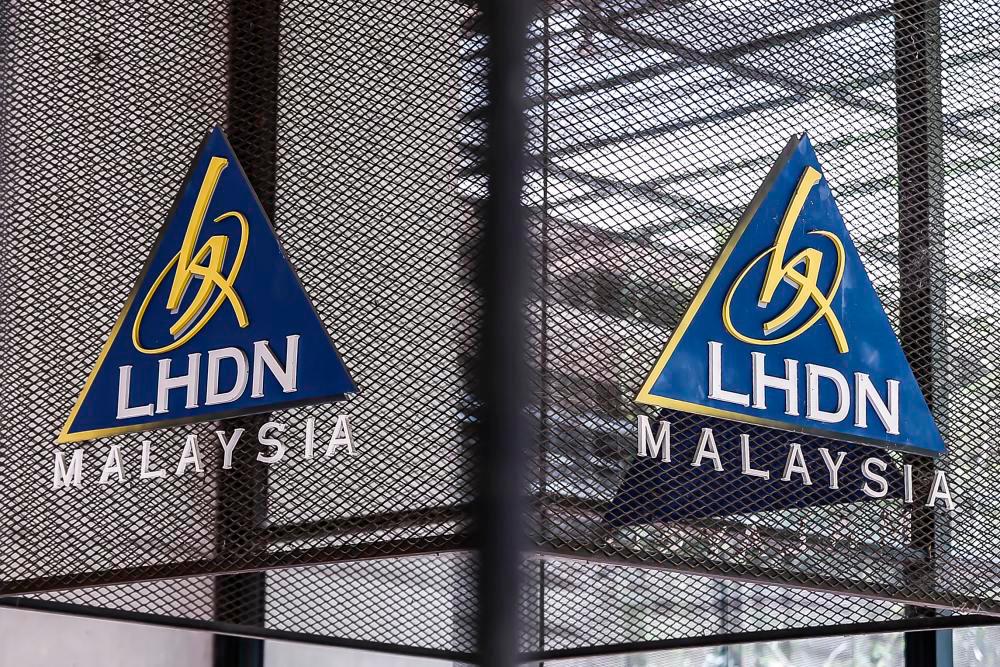AT the moment, the thrust of the Inland Revenue Board (IRB) is to encourage taxpayers to comply with tax laws without the necessity to spend time and resources on enforcement through tax audits and investigations.
This is being carried out through its awareness, education and services concept which advocates awareness of tax rules, educating taxpayers on their responsibilities and providing efficient service to taxpayers.
There are two specific initiatives being promoted. Firstly, non-compliant taxpayers can come forward and “clean up” their past affairs through the Special Voluntary Disclosure Programme 2.0 (SVDP). Effectively, this is an amnesty programme whereby taxpayers can pay up underdeclared or undeclared income of the past up to 2021 without incurring any penalties.
The second initiative is the Tax Corporate Governance Framework (TCGF). Large taxpayers are given the opportunity to establish a cooperative working relationship with IRB for the future. The intention is for IRB to reduce the deployment of its resources to check whether large companies are complying with tax rules. Under TCGF, this responsibility is passed on to the taxpayer.
Here the taxpayer must satisfy IRB that in the future they have the necessary processes, controls, and mechanisms to arrive at the tax liabilities in accordance with the law.
Constant communication between IRB and the taxpayer provides transparency and certainty to the taxpayer.
Benefits of the programmes
SVDP is a golden opportunity for taxpayers to avoid spending time and money defending issues that come up in an audit. It also allows taxpayers to freeze their tax affairs up to 2021 since the tax authorities are willing to accept the SVDP in good faith. They have assured taxpayers that they will accept the declarations and audits will not be conducted on the information provided. However, this does not mean that taxpayers can abuse the SVDP without justification.
Entry into TCGF is onerous and time-consuming and may take up to 12 to 15 months to be formally accepted into the programme.
The benefit of the programme is huge . It allows immediate access to IRB to clarify any tax problems that may arise in the future and provides certainty to the taxpayer, thus avoiding surprises that may come later in an audit.
Under TCGF, there will be no audits, but there will be regular engagement to keep IRB informed of the taxpayer’s activities to maintain the confidence that the self-declaration process is continuing.
Why are taxpayers apprehensive?
In the case of SVDP, it is understood that some taxpayers who participated in the programme in 2018 were revisited by IRB. This has triggered an erosion of trust and the fear is whether IRB will go back on its word. This may have happened in exceptional cases where potentially the taxpayer had not disclosed the true undeclared or underdeclared income. In some cases, the earlier SVDP was done without a proper basis supporting the underdeclaration of income. These taxpayers attempted to get a “clean bill of health” without declaring their full tax liability.
In SVDP 2.0, if the taxpayer has a proper basis and the necessary evidence to support the underdeclaration, IRB will not go back on its word.
For TCGF, the concern of the taxpayers is the time taken to enter the programme, and the requirement to keep IRB informed of the taxpayer’s activities in relation to tax matters on a regular basis.
Will this increased transparency and constant communication with IRB lead to scrutiny? It should not be the case if the processes and the controls are set up properly. Interactive communication with IRB should only lead to greater trust and improved compliance by the taxpayer.
IRB is moving in the right direction to encourage taxpayers to be their partners rather than their foes.
This article is contributed by Thannees Tax Consulting Services Sdn Bhd managing director
SM Thanneermalai (www.thannees.com).









